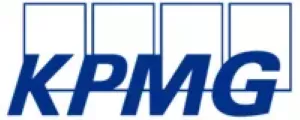The EU Commission has extended the State Aid Temporary Framework to enable acceleration of R&D, testing and production of COVID-19 relevant products.
On 3 April, the EU Commission has extended the State Aid Temporary Framework adopted on 19 March 2020 to enable Member States to accelerate the research, testing and production of coronavirus relevant products, to protect jobs and to further support the economy in the context of the COVID-19 outbreak. The extension, currently in place until the end of December 2020, provides for five additional types of aid measures:
(i) Direct grants, repayable advances or tax advantages for coronavirus related research and development (R&D);
(ii) Direct grants tax advantages, repayable advances and no-loss guarantees for the construction and upscaling of testing facilities;
(iii) Direct grants, tax advantages, repayable advances and no-loss guarantees for the production of products relevant to tackle the coronavirus outbreak.
A bonus may be granted when the investment is supported by more than one Member State and for support measures (ii) and (iii) an additional bonus may be granted when the investment is concluded within two months after the granting of the aid.
(iv) Targeted support in the form of deferral of tax payments and/or suspensions of social security contributions;
(v) Targeted support in the form of wage subsidies for employees.
The amendment further expands on the existing types of support that Member States can give to companies in need including direct grants, zero-interest loans, full risk guarantees on loans, equity and a combination of such with de minimis aid and other aid.
Originally published 6 April 2020
The content of this article is intended to provide a general guide to the subject matter. Specialist advice should be sought about your specific circumstances.


